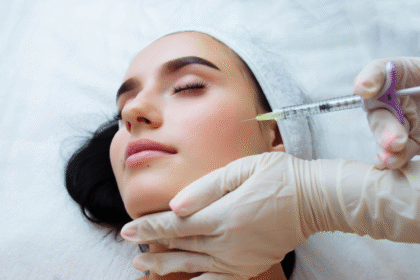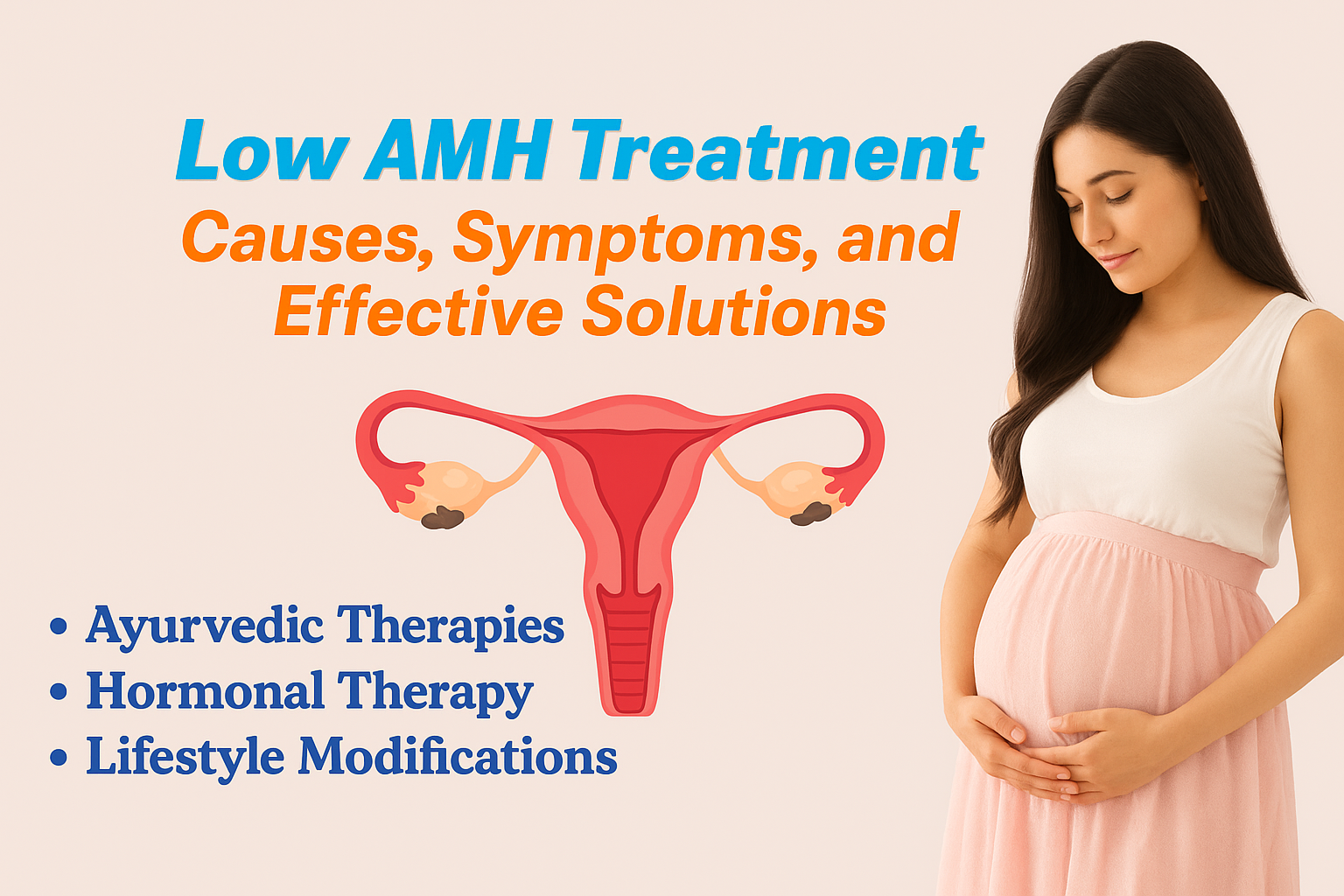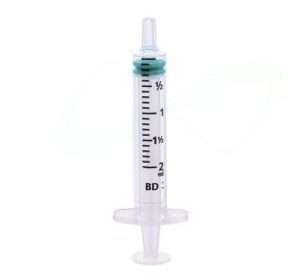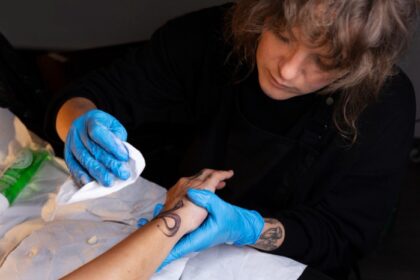Testosterone injections have become a widely accepted treatment for men experiencing low testosterone, also known as hypogonadism. In Abu Dhabi, this form of hormone replacement therapy is commonly sought by those dealing with symptoms such as fatigue, decreased libido, loss of muscle mass, and mood fluctuations. This article provides a detailed overview of what to expect when undergoing Low testosterone treatments in Abu Dhabi—from diagnosis to treatment and follow-up.
Understanding Testosterone Injections
Testosterone injections are a form of testosterone replacement therapy (TRT) designed to restore optimal hormone levels in men whose bodies no longer produce enough naturally. Administered through intramuscular or subcutaneous injection, this treatment delivers testosterone directly into the body, bypassing the digestive system for more effective absorption.
The most common formulations used are long-acting esters of testosterone, such as testosterone enanthate or testosterone cypionate. These are usually injected every one to three weeks, depending on the individual’s needs and the advice of a healthcare provider.
Why Men in Abu Dhabi Are Turning to TRT
In a dynamic and fast-paced environment like Abu Dhabi, many men face demanding professional and personal lifestyles. Combined with factors such as age, stress, and sedentary habits, testosterone levels can begin to decline earlier than expected. Environmental factors like heat stress and disrupted sleep cycles can further contribute to hormonal imbalances.
Patients often seek TRT to restore their energy, mental clarity, and physical strength—key attributes for staying active and productive in this competitive urban landscape. Testosterone injections, being one of the most effective forms of TRT, have become a preferred option for many in the city.
The Diagnosis Process
Before beginning testosterone injections, a thorough diagnostic process is essential. Treatment is not prescribed based on symptoms alone. A proper assessment usually includes:
Blood Testing
A blood test is performed to measure total and free testosterone levels. These are typically taken early in the morning, when testosterone levels are at their highest. Other hormones such as LH (luteinizing hormone), FSH (follicle-stimulating hormone), and prolactin may also be measured to determine the underlying cause of low testosterone.
Symptom Review
Common symptoms include reduced libido, chronic fatigue, difficulty concentrating, low mood, decreased muscle mass, and increased body fat. A full medical history helps ensure these symptoms are not due to other medical conditions.
Physical Examination
A physical examination may help identify signs of low testosterone, such as reduced testicle size, decreased body hair, or changes in body composition.
Starting Testosterone Injections: The Treatment Journey
Once a diagnosis is confirmed and treatment is deemed appropriate, testosterone injections can begin under medical supervision. Here’s what to expect throughout the process:
Initial Dosing and Administration
The initial dose is carefully selected based on lab results, symptoms, and general health. Injections may be given intramuscularly, often in the gluteal muscle, or subcutaneously in the thigh or abdomen. Most patients start with injections every 1–2 weeks.
Monitoring and Adjustments
Follow-up appointments are typically scheduled after the first few doses to evaluate the body’s response. Testosterone levels, red blood cell counts, and other relevant markers are checked through regular blood tests. If needed, dosages are adjusted to achieve optimal hormone balance without exceeding normal ranges.
Expected Benefits
Many men begin to notice improvements within a few weeks of starting testosterone injections. Common benefits include:
-
Increased energy and stamina
-
Improved mood and mental focus
-
Enhanced libido and [removed] performance
-
Improved muscle tone and reduced fat mass
-
Greater motivation and overall wellbeing
These effects may vary depending on age, lifestyle, and the severity of testosterone deficiency.
How the Abu Dhabi Lifestyle Interacts With TRT
Abu Dhabi’s lifestyle plays a significant role in shaping the TRT experience. Factors such as intense heat, long work hours, indoor sedentary habits, and disrupted sleep cycles can influence hormone levels. Testosterone therapy, when combined with mindful lifestyle choices, can help restore balance.
Patients who complement TRT with exercise, proper sleep, stress management, and a nutrient-rich diet often experience more sustainable and noticeable improvements.
Safety and Medical Oversight
Testosterone therapy is safe when administered under proper medical supervision. Monitoring is essential to minimize potential risks and to maintain a healthy balance of hormones. Blood tests are usually performed every 3 to 6 months during the first year, then annually once stability is achieved.
Close supervision also helps in managing other health indicators such as:
-
Hematocrit (red blood cell concentration)
-
Prostate-specific antigen (PSA) levels
-
Lipid profiles and cardiovascular health markers
-
Liver function
Patients are encouraged to attend all follow-up appointments and report any unusual symptoms or concerns promptly.
Lifestyle Considerations While on Testosterone Therapy
Testosterone injections are most effective when paired with healthy lifestyle habits. The following adjustments are often recommended:
Exercise
Strength training and cardiovascular workouts can further support testosterone production and enhance the effects of therapy.
Nutrition
A balanced diet rich in protein, healthy fats, and key micronutrients helps maintain stable hormone levels and supports muscle growth and energy production.
Sleep
Testosterone is naturally produced during sleep, so maintaining consistent, quality sleep is vital.
Stress Reduction
Chronic stress can negatively impact hormone levels. Practices such as meditation, time outdoors, and leisure activities can support better hormonal health.
Realistic Expectations
While testosterone injections offer many benefits, it’s important to approach treatment with realistic expectations. Changes do not happen overnight. It may take several weeks or months before full effects are noticed. Additionally, not all symptoms are solely caused by low testosterone, so improvements will vary from person to person.
Patience and commitment to regular check-ins are key to success with this treatment approach.
Discontinuation or Long-Term Therapy?
Some individuals may opt to use testosterone therapy temporarily to correct hormonal imbalances, while others might need ongoing support. Discontinuation of therapy should only be done under medical guidance, as the body may need time to resume natural testosterone production.
In some cases, long-term therapy is necessary, especially when low testosterone is caused by irreversible conditions or aging.
Conclusion
Testosterone injections in Abu Dhabi are an accessible and effective option for men dealing with low testosterone levels. With professional guidance, patients can expect improved energy, mood, libido, and physical performance. However, successful outcomes depend on accurate diagnosis, proper monitoring, and the integration of healthy lifestyle habits.
Understanding what to expect before beginning testosterone therapy empowers individuals to make informed decisions about their health. With Abu Dhabi’s strong emphasis on modern healthcare and wellness, men have the resources and support needed to regain hormonal balance and enhance their quality of life.





